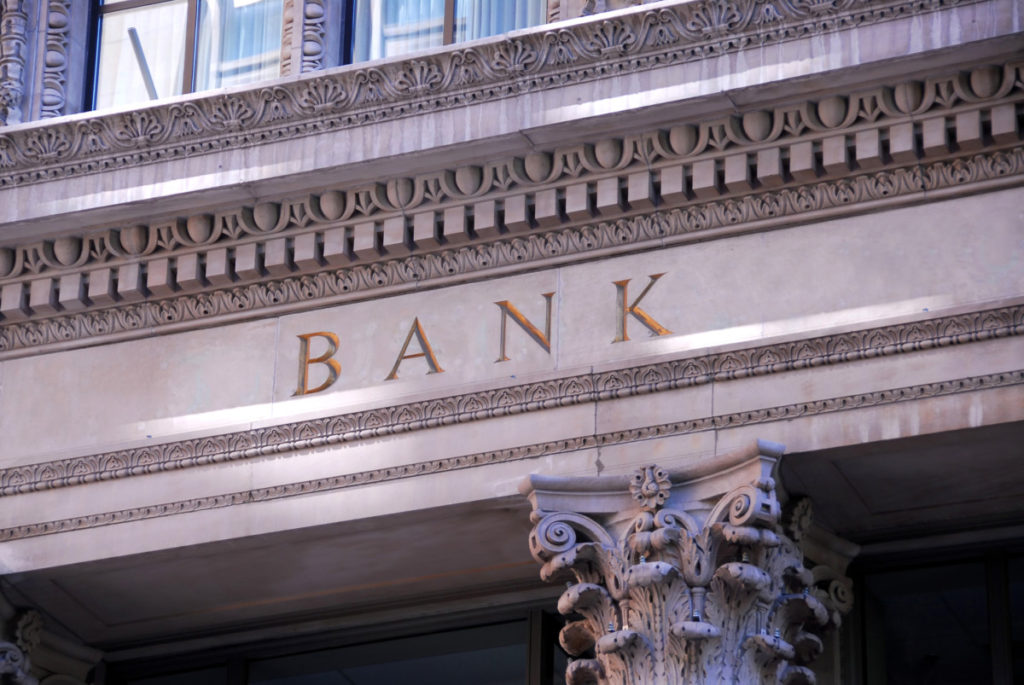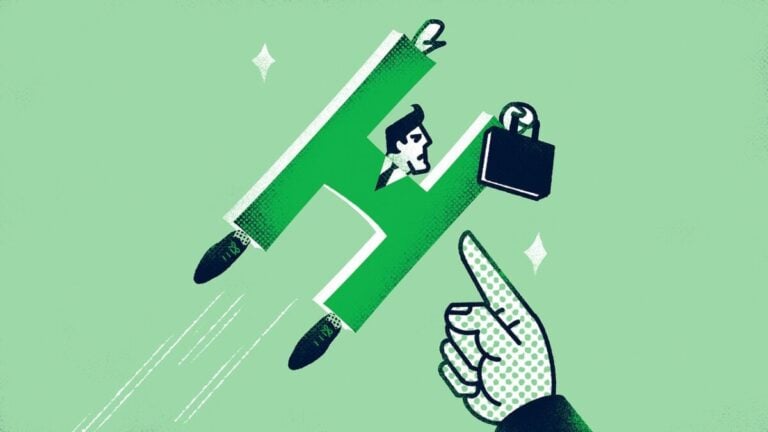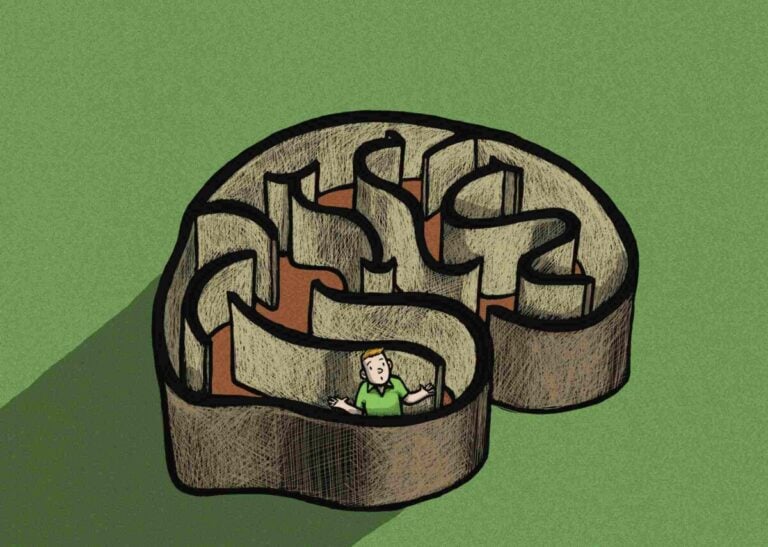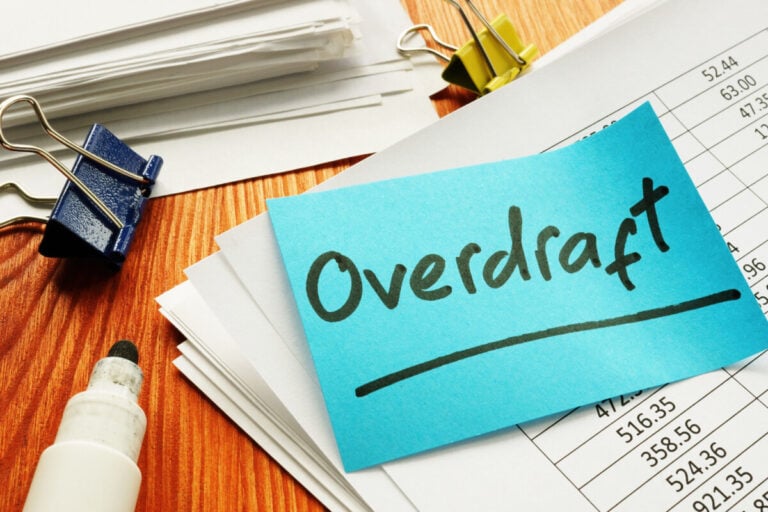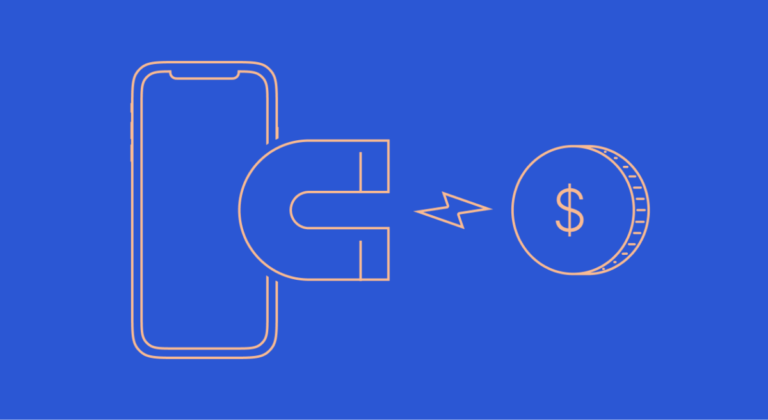Banks are the richest financial institutions and the common man often wonders where they get their money from?
We guess that high profits may be due to interest on loans or deposits. However, there are still quite a few factors that affect the welfare of these organizations.
Money out of thin air
Let’s start with the fact that the bank does not have its own money. All funds issued to borrowers, they have from individuals, thanks to their deposits, they take from the Central Bank at a certain percentage or in other countries. The latter method is not as popular today as it was before the appreciation of the dollar in 2014, because it is not very profitable.
Link client
Many people wonder why our banks have such high interest rates on loans? In the West, for example, they can be 1-3 percent; in Russia and other developing countries, such figures are even hard to imagine. There is nothing surprising here.
It is not profitable for banks to have depositors withdraw their money, so they do their best to motivate them to stay in their accounts as long as possible. Organizations offer favorable terms for long-term deposits and threaten to lose interest to those who close them too quickly. And banks are also interested in the fact that the client pays by bank transfer and the money is with them, and not in the wallet of each individual person. Hence cashbacks and other bonuses for those who actively use the card.
Banks systematically build their image, create a personal brand, in order to eventually have a trusting relationship with the client. There are many banking organizations, and therefore they are forced to compete for attention.
Currency difference
Banks make good money on currency exchange, especially today, when all exchange offices have become legal. It is difficult to imagine how someone is changing dollars for rubles somewhere around the corner, with their hands, as it was in the nineties.

The bank sets a small difference in currencies. It seems that this is a trifle, but if you multiply it by the amounts that pass through the organization every day, it turns out to be very solid. In unstable times, when the currency fell and rose rapidly, banks could put up a large difference as a safety net.
Gold percentage
Banks sell bars of gold, silver, platinum and palladium. In this case, the client does not receive the ingot itself, but only a paper stating that he is the owner of a certain amount of gold.
Of course, it increases in price, and the holder of the bar can sell it at any time, receiving the difference. But it is worth remembering that the bank will still receive much more from this transaction.
It’s profitable anyway
Quite often you can hear that people do not pay loans, these topics are especially popular during a crisis or pandemic. Many lose their jobs and their usual income, they don’t even have enough to live on, and not just for payments with interest.
Banks go to court or transfer the debt to collectors, which is not entirely legal, but, nevertheless, a working way. Despite this, the number of debtors is growing every day and many of them are forgiven by banks. Is it beneficial for them? It turns out yes. Of course, they suffer losses, but these are meager amounts compared to the daily turnover of money. Banks already include all kinds of risks in interest on a loan and do not remain in the red in any case. Therefore, they often approve loans, even for not the most solvent customers.
Wide range of services
Banks not only provide an opportunity to make a deposit at interest or issue loans, they carry out quite a lot of operations and it is profitable to do this with the same client. For example, a person takes a loan, and he is offered all kinds of insurance, using a mobile bank and other services.
It is important for an organization to bind a client to itself so that he spends money through them. He is tempted with cashbacks, miles on a plane, some even return interest if the debt is paid off on time. Almost every store has the opportunity to take any product in installments, even the most inexpensive.
At the same time, installments are offered without interest – very tempting. But do not flatter yourself – everything is already included in the final amount, including the benefits of the bank. Especially today, when installments are issued through a credit card. Having such a card in hand, there is always a temptation to buy something else, while the limit is systematically increased with each payment. The circulation of bank money does not stop!
Debit benefit
In addition to credit cards, banking organizations are happy to issue debit cards, for example, pension and salary cards. From each operation on such a card, the bank receives a percentage. The client makes a purchase in the store, the bank receives 1-2 percent.
In addition, a small amount is charged for servicing the card, but regularly and from each client. Some banks offer free service, but in this case, a certain amount must be on the account, which the bank, of course, will use.
Don’t miss your percentage
Another solid source of income for banks is the commission. It is charged literally at every step – for withdrawing cash from an ATM of another bank, for a cashless transfer, issuing a loan, and much more. They use banks and hidden commissions, so you need to carefully read the contract, especially what is written in small print.

For example, a bank offers an extended package of services, which includes insurance, informing the client about all changes, SMS about debiting funds, and much more. The package is declared as free, but in fact it is only in the first month. Then you have to pay for it and not so little.
Some banks charge a commission for withdrawing cash from a million rubles, for tracing a payment and urgently restoring a lost card. It turns out this is already after the fact, when everything is paid.
Sometimes, having a credit limit, the client not only pays with a card, but also actively withdraws money, thinking that the interest rate is the same for all transactions. But often cash withdrawals cost a large amount, which will also be learned later. No matter how indignant customers are, they cannot return the money.
It is impossible to refuse
Banks often offer services that cannot be refused. For example, when applying for a loan for a car, the client is surprised to find that the sum for the guarantee, insurance and various trifles is included there. You can’t get out of them only if you cancel the approved application, but it is not known whether it will be approved a second time.
Many do not want to take risks and agree to such conditions, especially since you do not have to pay the entire amount right now, but in installments, it turns out to be quite tolerable. Thus, the bank receives an extra 60-100 thousand rubles literally out of thin air, and the client pays longer and more than he was supposed to initially.
Are such actions legal? Every bank has a legal department, where competent specialists sit. They are required to write down all the clauses in the contract. Every extra service is fixed there. At the bottom of such an agreement is the client’s signature, so it will be difficult to prove that he did not want to get extra insurance or a subscription to bank services for several thousand rubles. Many clients perceive the contract as a formality, signing it without looking. And when they read it later, they are very surprised.
A number of customers were able to get their money back for non-essential services when they posted negative reviews about banks. Reputation is more valuable. The bank went to the meeting. But it’s not just about reputation. The Central Bank fines its wards, if it is possible to prove the fact of a hidden paid service. For example, you can not take money for basic services, these include the following:
- Debit notice. Otherwise, the client will not know that his money was stolen if this happens;
- withdrawal of money after account blocking;
- early closing of the loan;
- opening a current account.
Of course, large banks do not take risks and comply with the requirements. However, there are still a number of small banking organizations that change the name in these services and charge a fee for them. With the consent of clients, who often do not even know about it.
Trust but verify
Often, bank employees resort to various tricks and report that it is impossible to approve a loan without paid insurance. In this situation, one can argue and refer to the law, but in this case the desired loan is unlikely to be received.

And you can agree, keep silent and cancel the insurance the next day. There is always a period of 14 to 30 days when you can opt out of any paid service without loss.
If a bank employee strongly insists that the client seems optional, then you can complain to the management. Most likely, it is aware of such methods of work, but it must respond to the complaint. You can call the hotline of the bank. If this does not help, then contact the Central Bank.
Be careful
It seems that banks should be happy about the early repayment of the loan. The client turned out to be solvent, did not disappear, ignoring payments. However, such actions are unprofitable for banking organizations. If you want to get rid of debt obligations ahead of time, then you should be prepared for a fine of 1-3 percent.
Such cases are considered in court, but it is worth remembering that you will have to pay the bank the lost profit. True, decisions are most often made in favor of the client, and such proceedings can be very profitable. Enlisting the support of a good lawyer, you can recover a decent amount of money.
So, banks do not produce or create anything. But their turnover, nevertheless, is huge. Banks do not deceive their customers directly, they do it very subtly and skillfully.
This should be remembered when opening a credit card, taking a loan, investing money at interest. Even if everything seems simple and clear, and the consultants explain in as much detail as possible, you should carefully read the contract and, in case of doubt, seek legal assistance.
Especially when it comes to large sums and long-term repayments. Sometimes a few thousand spent on legal advice can turn out to be much more profitable.
